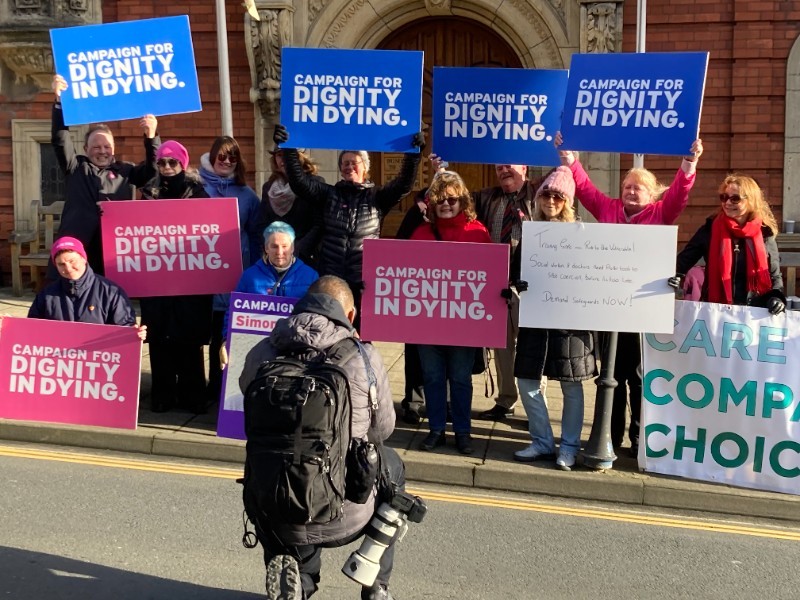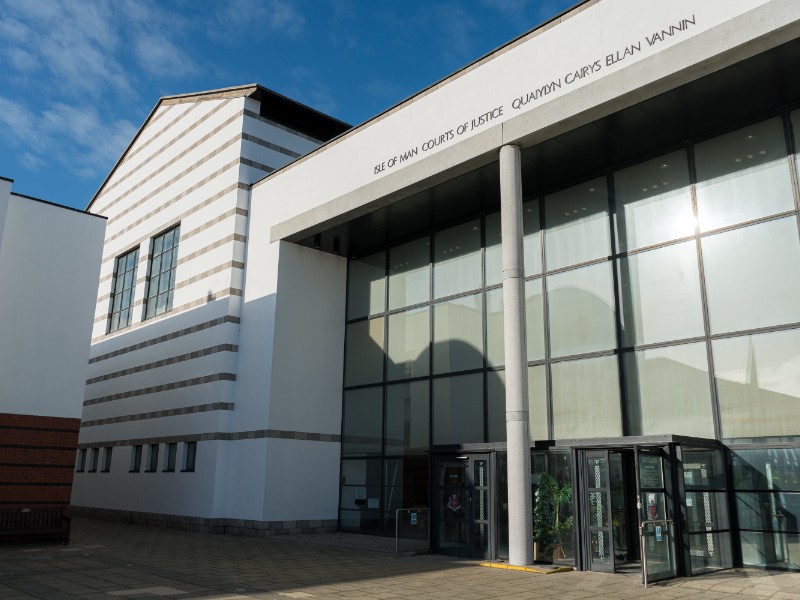
A consultation closes today (3 October)
It's your last chance to have your say on the new Regulation of Health and Social Care Services Bill.
A consultation into the legislation closes at the end of today (Friday 3 October).
The Bill looks to regulate health and social care services which are provided by a healthcare or social care professional and form part of a person's specific treatment or care plan for a disease, disorder, injury or condition.
While it mainly covers medical and dental services, the legislation will also now include things like tattooing, microblading and acupuncture, as all those treatments involve the use of needles.
Nail technicians, massage therapists, people administering holistic facials and massages, mindfulness and reiki practitioners, life-coaches and mentors are just some examples of those which will not be included in the regulations.
However, the Department of Health and Social Care says if any activity involves the use of instruments or equipment which are inserted into the body, or injection of a substance, the removal of tissues, cells or fluids from the body, the use of equipment in order to examine cells, tissues and other bodily fluids or the application of light, heat or threads, they may fall under the scope of the Bill.
More than 400 people have signed a petition calling for the Bill to be scrapped.
The petition creators argue it could risk forcing small local businesses to close, limiting access to trusted therapies, and adding unnecessary bureaucracy to an already stretched health system.
They believe there is no identifiable need for this legislation as safeguards already exist through professional bodies, insurers, training requirements, and codes of conduct.
They say duplicating these systems only adds red tape while draining public resources.
There were also concerns about the costs associated with it, including the cost of registering a business under the rules of the legislation.
However, the department insists the Bill does not propose or imply any specific fee amounts.
Instead, it says the consultation is seeking views on the structure of a future fee model - specifically whether a sliding scale would be fairer than fixed thresholds.
Rather than setting specific fees, it says the Bill will give it the power to prescribe fees through secondary legislation, which would ultimately be subject to public consultation and Tynwald procedure.
You can find out more about the regulations here, and you can have your say on the consultation here.


 Further sailings cancelled due to adverse weather
Further sailings cancelled due to adverse weather
 UK Government under scrutiny over Manx assisted dying legislation
UK Government under scrutiny over Manx assisted dying legislation
 Men jailed for £49,000 cocaine ferry importation plot
Men jailed for £49,000 cocaine ferry importation plot
 Warning in place as hill snow expected overnight
Warning in place as hill snow expected overnight
